High-stakes peace negotiations between Afghanistan’s Taliban government and Pakistan concluded in Istanbul this week with no progress, despite mediation by Qatar and Turkey.
Officials confirmed that the dialogue ended without “any workable solution,” exposing deep mistrust between the two sides and leaving the fragile ceasefire in limbo.
The Istanbul meeting marked the second attempt this month to negotiate a durable truce following weeks of deadly border clashes.
The first round, hosted by Qatar in Doha, resulted in a ceasefire on October 19.
However, when delegations reconvened in Turkey to address unresolved issues, the talks broke down after four days of closed-door discussions.
Why the Afghanistan-Pakistan talks collapsed
Pakistan’s Information Minister Attaullah Tarar announced the outcome early Wednesday, stating that “the Afghan side kept deviating from the core issue, evading the key point upon which the dialogue process was initiated.”
He added, “Instead of accepting any responsibility, the Afghan Taliban resorted to blame game, deflection and ruses. The dialogue thus failed to bring about any workable solution.”
Afghanistan’s foreign and defence ministries did not issue an immediate public response. Both governments’ state media, however, confirmed an impasse, with each blaming the other for the failure.
According to officials familiar with the talks, the central disagreement centred on Islamabad’s demand that Kabul commit to preventing the Tehreek-e-Taliban Pakistan (TTP) from using Afghan territory for attacks.
The Afghan delegation, according to sources cited by Reuters, maintained that the TTP was Pakistan’s internal problem and refused to provide the written assurances Pakistan wanted.
An Afghan source close to the delegation said the discussions ended after “tense exchanges” over this issue.
Impact Shorts
More Shorts“The Afghan Taliban assured cooperation, but Pakistan wanted written guarantees and security mechanism,” a source told News18. The same source added that the Afghan side rejected those terms as “illogical and irrational.”
How Turkey and Qatar have been trying to mediate peace
The Istanbul round was mediated by Turkey and Qatar at the request of both countries, which have served as diplomatic bridges for regional disputes involving Afghanistan since 2021.
Tarar acknowledged their role, saying that “Pakistan at the request of brotherly countries Qatar and Turkey gave peace a chance and engaged with the Afghan Taliban government first in Doha and then in Istanbul.”
Three Pakistani security officials who had direct knowledge of the negotiations told the Associated Press that the Taliban delegation was “not fully willing” to accept Pakistan’s proposals and continued to seek guidance from Kabul before making any decisions.
On the Afghan side, officials accused the Pakistani delegation of disorganization. Security sources cited by TOLO News claimed there was “no coordination” within Pakistan’s team and that representatives “kept retreating and leaving the negotiating table.”
How Pakistan admitted to foreign intervention
In a rare revelation, Pakistan reportedly admitted during the Istanbul talks that it had an agreement with a foreign nation permitting drone strikes on its territory.
TOLO News reported that “Pakistan admitted to having an agreement with a foreign country allowing drone strikes, and that it cannot prevent such strikes because breaking the agreement is not possible.”
Although the country in question was not identified, the admission followed months of speculation about Islamabad’s strengthening defence ties with both the United States and Saudi Arabia.
Pakistan signed a Strategic Mutual Defence Agreement with Riyadh in September and has recently been seen expanding its cooperation with Washington.
The Taliban delegation took issue with Pakistan’s stance on drone strikes, demanding that Islamabad ensure its airspace would not be used for US operations against Afghanistan.
Sources told News18 that “the Afghan Taliban also had another demand — Pakistan should not allow US drones to enter Afghanistan from its airspace. This, too, was not accepted.”
How TTP is at the centre
Islamabad insists that the TTP, which has carried out repeated attacks inside Pakistan, operates from sanctuaries in Afghanistan.
Kabul rejects that claim, saying that its territory is not used for hostile actions against Pakistan.
Tarar accused the Taliban of showing “indifference to Pakistan’s losses” despite the country’s long-standing support for peace and development in Afghanistan.
He said, “Pakistan has always desired, advocated and immensely sacrificed for peace and prosperity for the people of Afghanistan.”
He also claimed that “since the Taliban regime bears no responsibility towards the people of Afghanistan and thrives on war economy, it desires to drag and mire the Afghan people into a needless war.”
Afghan officials countered that Pakistan was unwilling to recognise their sovereignty. A source quoted by TOLO said the Afghan side “remains committed to ensuring that no one uses Afghan territory to harm other nations.”
But, the official added, “if Afghanistan’s territory is bombed, Islamabad will be targeted.”
According to the Afghan delegation, the TTP issue was deliberately being exaggerated by Islamabad to justify its cross-border operations.
Afghan sources maintained that Pakistan’s strikes in Kabul and other areas earlier this month were unjustified and violated Afghan airspace.
How the violence escalated
The current tensions trace back to October 9, when Pakistan reportedly launched cross-border airstrikes targeting TTP camps inside Afghanistan, including in Kabul.
Islamabad said the attacks were aimed at the group’s leadership, which it accused of planning deadly assaults on Pakistani troops.
The Taliban responded with major counterattacks along the border, destroying Pakistani military outposts and killing dozens of soldiers.
Sources said the Taliban’s retaliatory operations resulted in the deaths of 58 Pakistani soldiers and the destruction of around 20 security positions over a single weekend.
The violence prompted urgent mediation by Qatar and Saudi Arabia, leading to the temporary ceasefire announced on October 19.
But sporadic clashes have continued despite the truce. Pakistan’s military confirmed that over the weekend, “five Pakistani soldiers and 25 Pakistani Taliban militants” were killed in fresh fighting near the border.
Although both governments have reiterated their commitment to maintaining the ceasefire, trust remains at its lowest point in years.
All major border crossings have been closed for more than two weeks, halting trade and stranding hundreds of trucks on either side. The shutdown has severely disrupted regional supply routes that are vital for both economies.
How Taliban has been faring during the talks
Negotiators and mediators observed visible internal divisions within the Taliban delegation itself during the Istanbul talks. Sources told News18 that a clear split was evident between two main factions — the so-called “Kabul Group” and “Kandahar Group.”
The Afghan representatives reportedly sought guidance from both power centres throughout the meetings, leading to delays in decision-making.
Analysts in Islamabad believe such divisions have complicated Afghanistan’s foreign engagements and contributed to the stalemate.
According to security analyst Syed Mohammad Ali, “Afghanistan’s strategy at the talks was to slow the diplomatic process and shift focus to other bilateral issues,” pointing to the Taliban’s “reluctance to give clear, unambiguous and internationally verifiable commitment to act against Afghanistan-based Pakistani Taliban and other militants.”
How Pakistan has warned of an ‘open war’
As the talks faltered, Pakistani Defence Minister Khawaja Asif issued one of the strongest statements yet, suggesting that the failure to reach an agreement could escalate into direct conflict.
“We have the option, if no agreement takes place, we have an open war with them. But I saw that they want peace,” Asif told Reuters.
Afghanistan’s leadership has dismissed the warnings, calling instead for continued dialogue. Last week, Afghan authorities said they were prepared to agree to a full ceasefire and work toward resolving all issues through diplomatic channels.
They proposed a deal that would ban attacks on security forces, civilians, and infrastructure while committing both sides to mutual respect.
However, those proposals did not progress during the Istanbul discussions, and mediators were unable to bridge the gap between the two sides’ positions.
United States President Donald Trump, speaking on Sunday, said, “I heard that Pakistan and Afghanistan have started up, but I will solve it very quickly. Pakistan Field Marshal and PM are great people.”
Meanwhile, Qatar and Turkey are reportedly continuing behind-the-scenes efforts to revive the dialogue.
With inputs from agencies


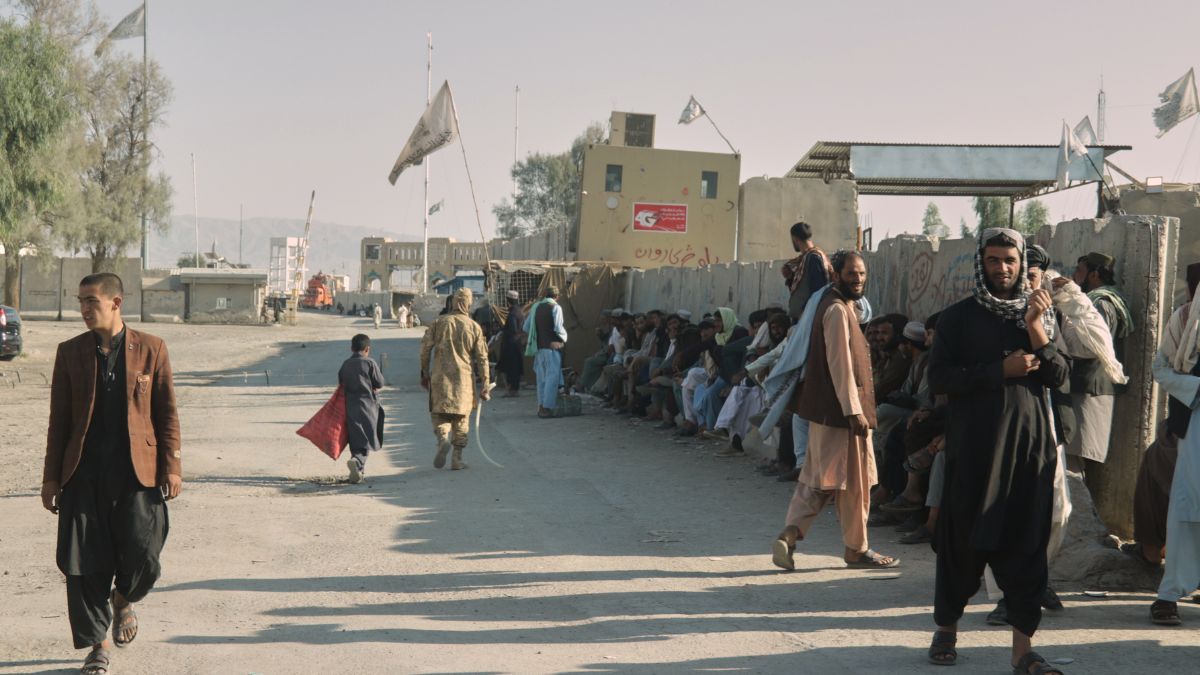)

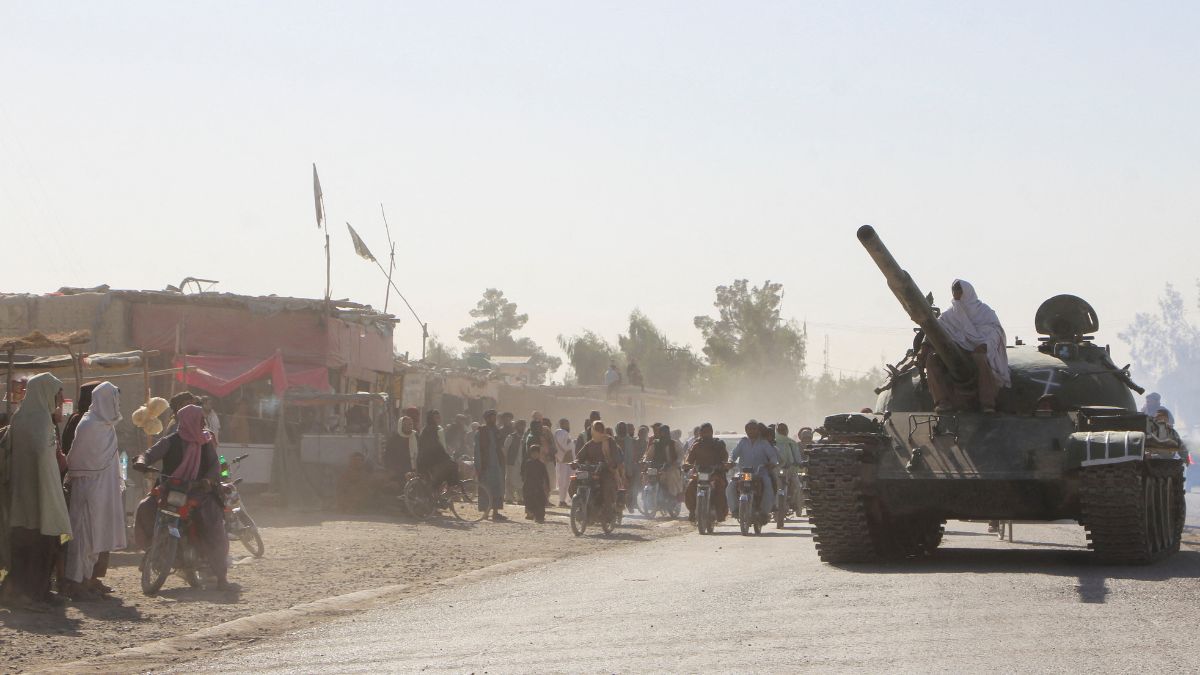)
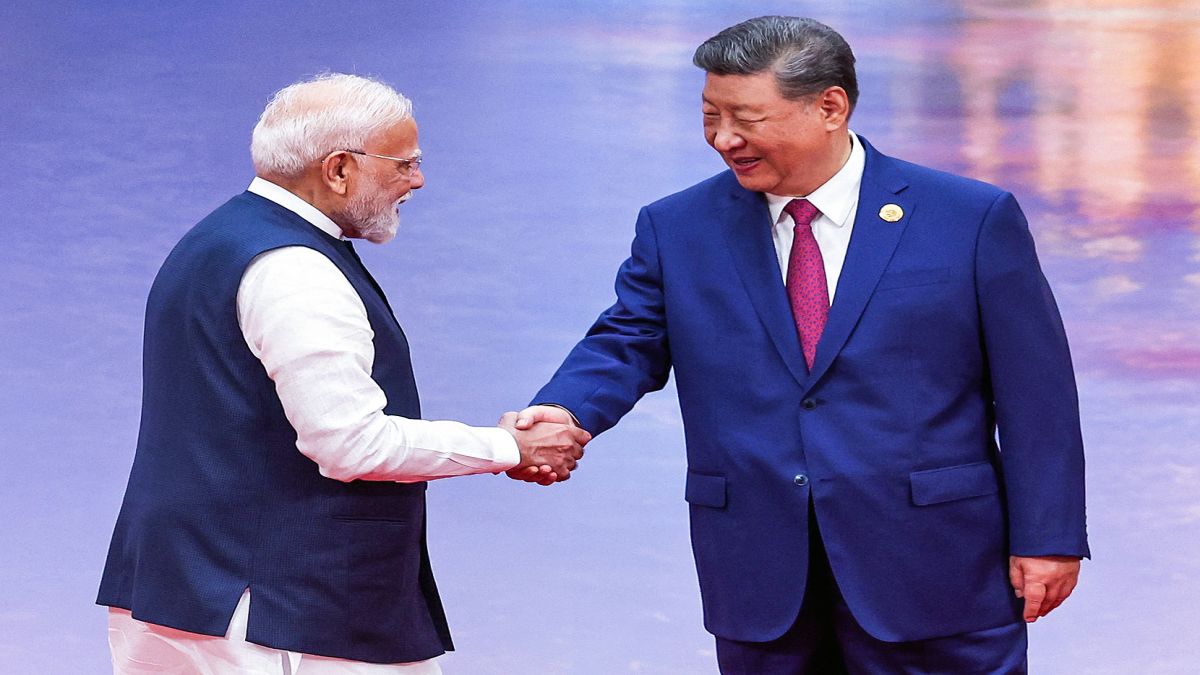)
)
)
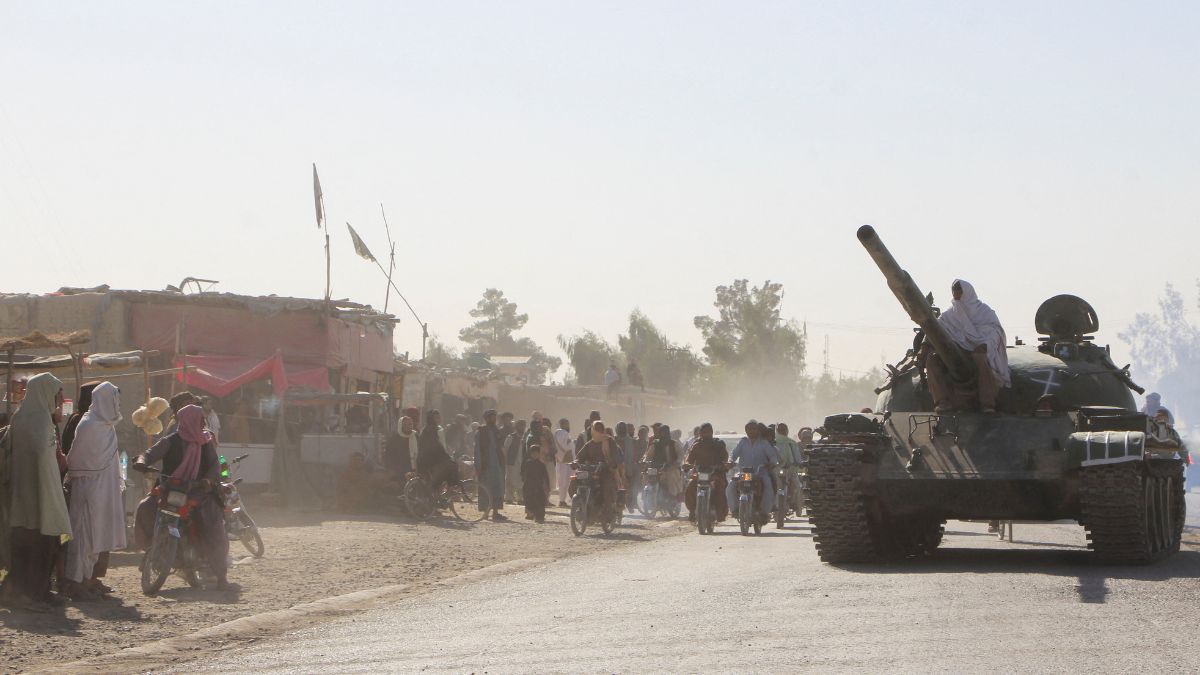)
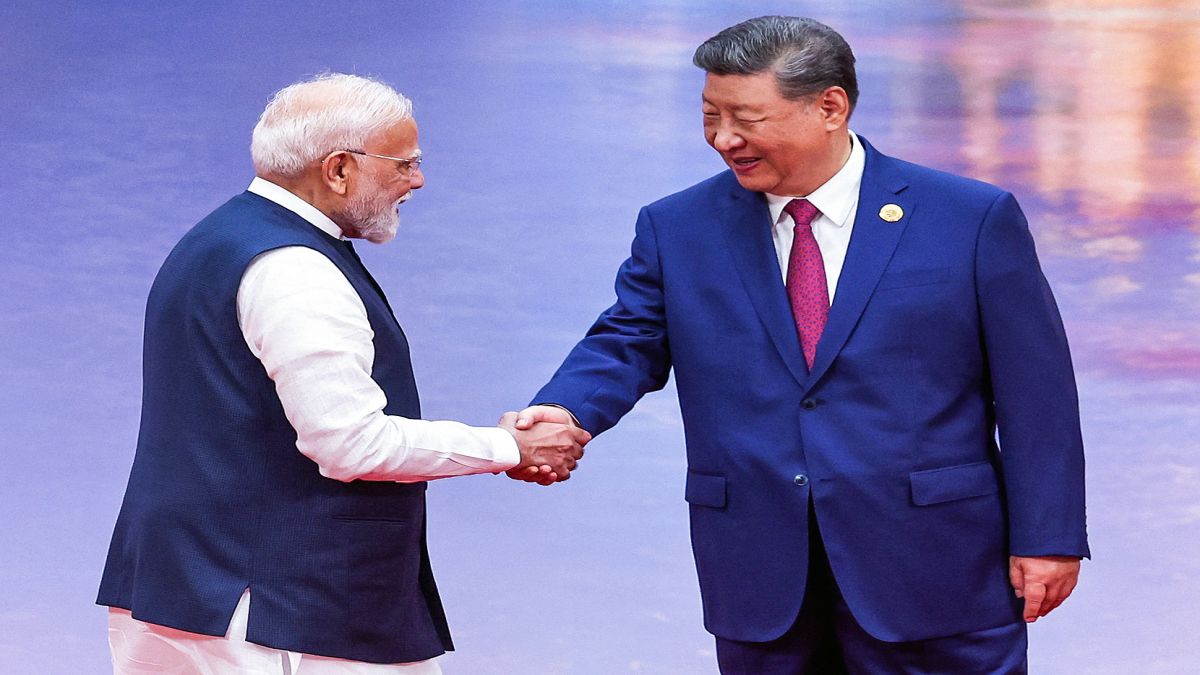)
)
)



